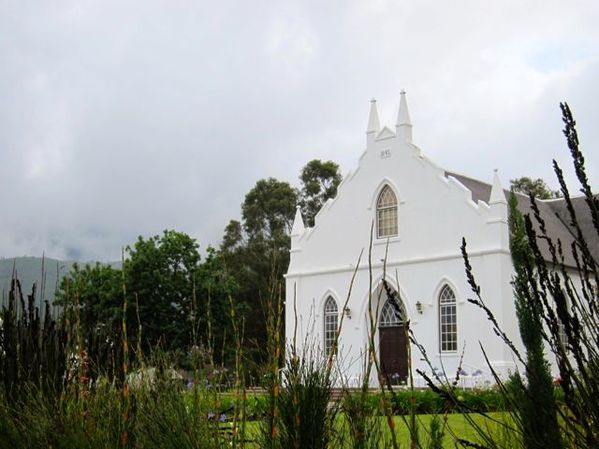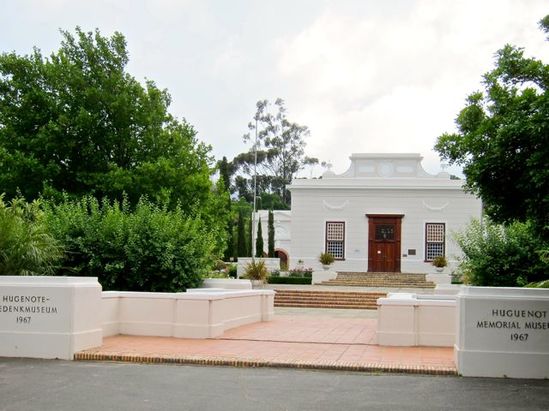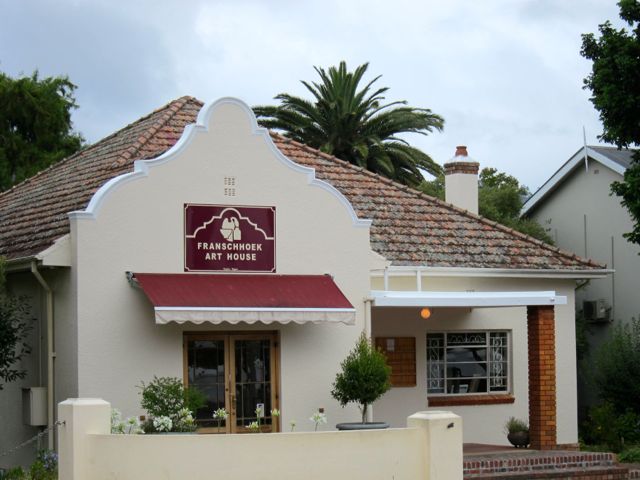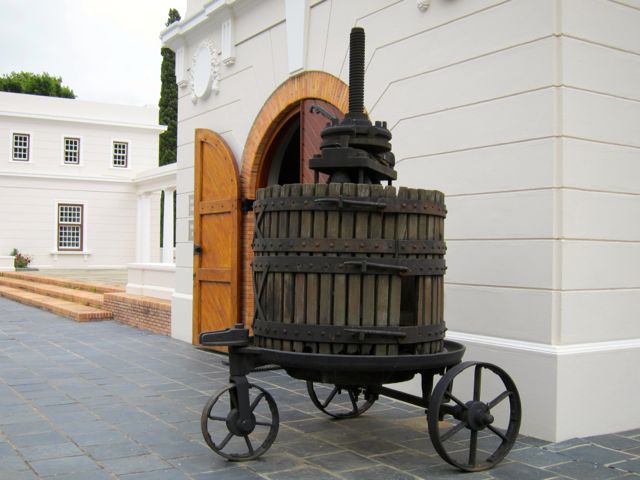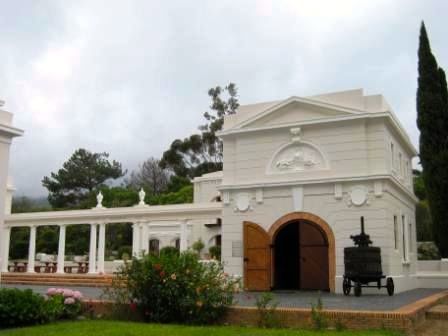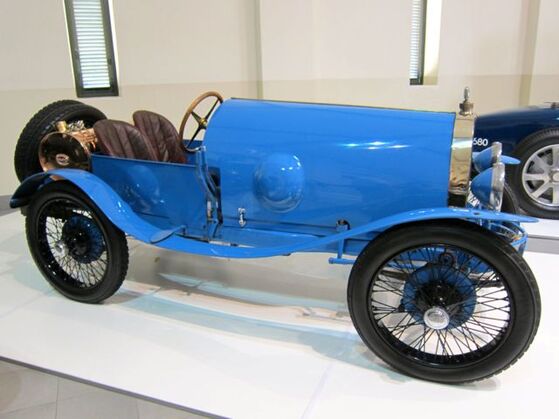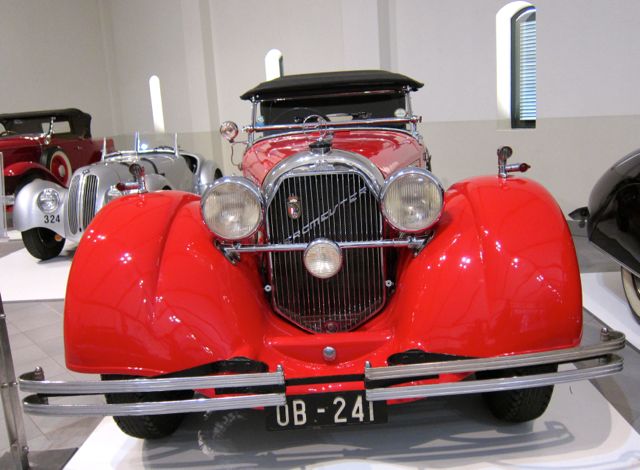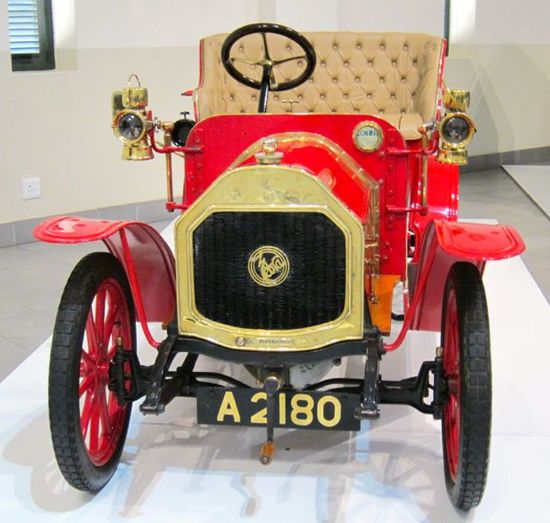Franschhoek: The French Corner in the Western Cape
All hidden gems only escape those who don't do some primary traveler's homework. Of this, we were guilty.
When we traveled to South Africa, we were so obsessed with Stellenbosch and the history of the Boers that we overlooked some of the most critical and beautiful diadems of South Africa so it was just good luck and not good planning that tripped us into towns like Tulbagh, Ceres, Hermanus and most importantly, Franschhoek.
When we traveled to South Africa, we were so obsessed with Stellenbosch and the history of the Boers that we overlooked some of the most critical and beautiful diadems of South Africa so it was just good luck and not good planning that tripped us into towns like Tulbagh, Ceres, Hermanus and most importantly, Franschhoek.
Franschhoek in the History of South Africa
We realized there is so much more to learn about the history of South Africa and how other groups featured in this. One of these groups that settled in South Africa and left significant imprints on the culture was the French Huguenots, and it is in Franschhoek that you can see this.
The French Huguenots left their homes mostly from Flanders to the Saintonge Languedoc and Dauphine. They left because of the Edict of Nantes that revoked their freedom of worship. About 178 families of 200,000 who left Europe went to the Cape.
The Cape welcomed the French Huguenots not just because they adhered to the same faith but also because of their economic value. The Cape was an essential port of call for the ships of the East India Company that managed the Cape then.
The Cape wanted to have a steady supply of food for the ships going to the East, in particular, the Dutch colony of Batavia. They also wanted wine as this kept better on ships than water, so the Company offered the Huguenots free passage on the promise that they stay for at least five years, after which they could return.
The French Huguenots left their homes mostly from Flanders to the Saintonge Languedoc and Dauphine. They left because of the Edict of Nantes that revoked their freedom of worship. About 178 families of 200,000 who left Europe went to the Cape.
The Cape welcomed the French Huguenots not just because they adhered to the same faith but also because of their economic value. The Cape was an essential port of call for the ships of the East India Company that managed the Cape then.
The Cape wanted to have a steady supply of food for the ships going to the East, in particular, the Dutch colony of Batavia. They also wanted wine as this kept better on ships than water, so the Company offered the Huguenots free passage on the promise that they stay for at least five years, after which they could return.
The Company also gave them land of around 15-60 hectares, seeds, and tools. So, after a 6-week journey full of dangers, the four shiploads of French Huguenots arrived on the Cape.
The Cape Governor received them at that time, Jan van Riebeeck, whose wife, Maria de la Quitterie, was French. They settled about 60 km. Northeast of the Cape, which is now called Franschhoek, the French Corner.
Happily or unhappily, the French, at first, with their Pastor with them, were able to keep their language and culture, but after that first arrival, the others who followed were not allowed their Pastor. The Cape management wanted them to assimilate with the local culture.
Despite the hardship in developing the land, the newcomers progressed and left a lasting legacy in the new place they called home. The wines of the Cape are among the best in the world, and one of their greatest exports is agricultural products.
The Cape Governor received them at that time, Jan van Riebeeck, whose wife, Maria de la Quitterie, was French. They settled about 60 km. Northeast of the Cape, which is now called Franschhoek, the French Corner.
Happily or unhappily, the French, at first, with their Pastor with them, were able to keep their language and culture, but after that first arrival, the others who followed were not allowed their Pastor. The Cape management wanted them to assimilate with the local culture.
Despite the hardship in developing the land, the newcomers progressed and left a lasting legacy in the new place they called home. The wines of the Cape are among the best in the world, and one of their greatest exports is agricultural products.
What Makes Franschhoek Special
It is not just the hills and greens around Franschhoek; it's the legacy buildings of the early Huguenots who settled there, created a French corner of South Africa, and contributed to the stunning architecture and magnificent culinary tradition of the country.
We were lucky enough to arrive in Franschhoek too early for anything to open, but a small restaurant on the corner of Main Street made sense to have a light breakfast.
What arrived for the two of us was enough food to feed all the Trekkers who crossed a veldt. It's hard to imagine how humans can consume that food weight so early in the day. Portions aside, the flavours were outstanding, and the breakfast memory is almost as strong as that of Table Mountain.
It is not just the hills and greens around Franschhoek; it's the legacy buildings of the early Huguenots who settled there, created a French corner of South Africa, and contributed to the stunning architecture and magnificent culinary tradition of the country.
We were lucky enough to arrive in Franschhoek too early for anything to open, but a small restaurant on the corner of Main Street made sense to have a light breakfast.
What arrived for the two of us was enough food to feed all the Trekkers who crossed a veldt. It's hard to imagine how humans can consume that food weight so early in the day. Portions aside, the flavours were outstanding, and the breakfast memory is almost as strong as that of Table Mountain.
Franschhoek is about 75 kilometers (47 mi) from Cape Town. It is one you should take advantage of when visiting the Western Cape. Why? I'll thrill you with some things that make Franschhoek a particular place:
* The wine: Franschhoek is in the heart of the Cape Winelands, home to some of the best wineries in the world. Visitors can enjoy wine tastings at many of the wineries, and there are also several wine festivals held throughout the year.
* The food: Franschhoek is also known for its food. The town has a variety of restaurants, from casual cafes to fine dining establishments. Visitors can enjoy everything from traditional South African cuisine to international favorites.
* The scenery: Franschhoek is in a beautiful setting, surrounded by mountains and vineyards. The town is also very picturesque, with its Cape Dutch architecture and tree-lined streets.
* The activities: There are plenty of things to do in Franschhoek, besides eating and drinking. Visitors can enjoy hiking, biking, fishing, and swimming. There are also some art galleries and museums to visit. And, don't forget it's Saturday Farmers' Market.
* The wine: Franschhoek is in the heart of the Cape Winelands, home to some of the best wineries in the world. Visitors can enjoy wine tastings at many of the wineries, and there are also several wine festivals held throughout the year.
* The food: Franschhoek is also known for its food. The town has a variety of restaurants, from casual cafes to fine dining establishments. Visitors can enjoy everything from traditional South African cuisine to international favorites.
* The scenery: Franschhoek is in a beautiful setting, surrounded by mountains and vineyards. The town is also very picturesque, with its Cape Dutch architecture and tree-lined streets.
* The activities: There are plenty of things to do in Franschhoek, besides eating and drinking. Visitors can enjoy hiking, biking, fishing, and swimming. There are also some art galleries and museums to visit. And, don't forget it's Saturday Farmers' Market.
Famous Events in Franschhoek
* Franschhoek Literary Festival: This annual festival celebrates the written word and features readings, workshops, and discussions with authors worldwide.
* Franschhoek Bastille Day: This annual event celebrates the French national holiday with a street party, food, and music.
* Franschhoek Uncorked: This annual wine festival showcases the best of the region's wines with tastings, food, and live music.
* Franschhoek Chardonnay Festival: This annual festival celebrates the Chardonnay grape with tastings, food, and live music.
* Franschhoek Cap Classique & Champagne Festival: This annual festival celebrates the sparkling wines of the region with tastings, food, and live music.
* Franschhoek Winter Festival: This annual festival celebrates the winter season with food, wine, and music.
* Franschhoek Open Gardens: This annual event allows visitors to explore the private gardens of some of the town's most beautiful homes.
* Franschhoek Art & Wine Festival: This annual festival showcases the work of local artists and winemakers with tastings, food, and live music.
* Franschhoek Food & Wine Festival: This annual festival celebrates the best of the region's food and wine with tastings, demonstrations, and live music.
* Franschhoek Christmas Market: This annual market features stalls selling food, gifts, and crafts, as well as live music and entertainment.
* Franschhoek Literary Festival: This annual festival celebrates the written word and features readings, workshops, and discussions with authors worldwide.
* Franschhoek Bastille Day: This annual event celebrates the French national holiday with a street party, food, and music.
* Franschhoek Uncorked: This annual wine festival showcases the best of the region's wines with tastings, food, and live music.
* Franschhoek Chardonnay Festival: This annual festival celebrates the Chardonnay grape with tastings, food, and live music.
* Franschhoek Cap Classique & Champagne Festival: This annual festival celebrates the sparkling wines of the region with tastings, food, and live music.
* Franschhoek Winter Festival: This annual festival celebrates the winter season with food, wine, and music.
* Franschhoek Open Gardens: This annual event allows visitors to explore the private gardens of some of the town's most beautiful homes.
* Franschhoek Art & Wine Festival: This annual festival showcases the work of local artists and winemakers with tastings, food, and live music.
* Franschhoek Food & Wine Festival: This annual festival celebrates the best of the region's food and wine with tastings, demonstrations, and live music.
* Franschhoek Christmas Market: This annual market features stalls selling food, gifts, and crafts, as well as live music and entertainment.
The Franschhoek Motor Museum
As an incredible bonus, just outside the town is one of the great automobile museums, having a collection of vintage magnificently displayed inside a vineyard that is worth a visit.
Call first before you go to be sure it is open.
Address: R45, Franschhoek, 7690, South Africa
Phone: +27 21 874 9002
Call first before you go to be sure it is open.
Address: R45, Franschhoek, 7690, South Africa
Phone: +27 21 874 9002
Below is a video of the Museum.
Read more on South Africa:
